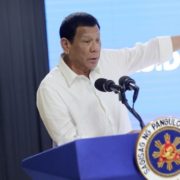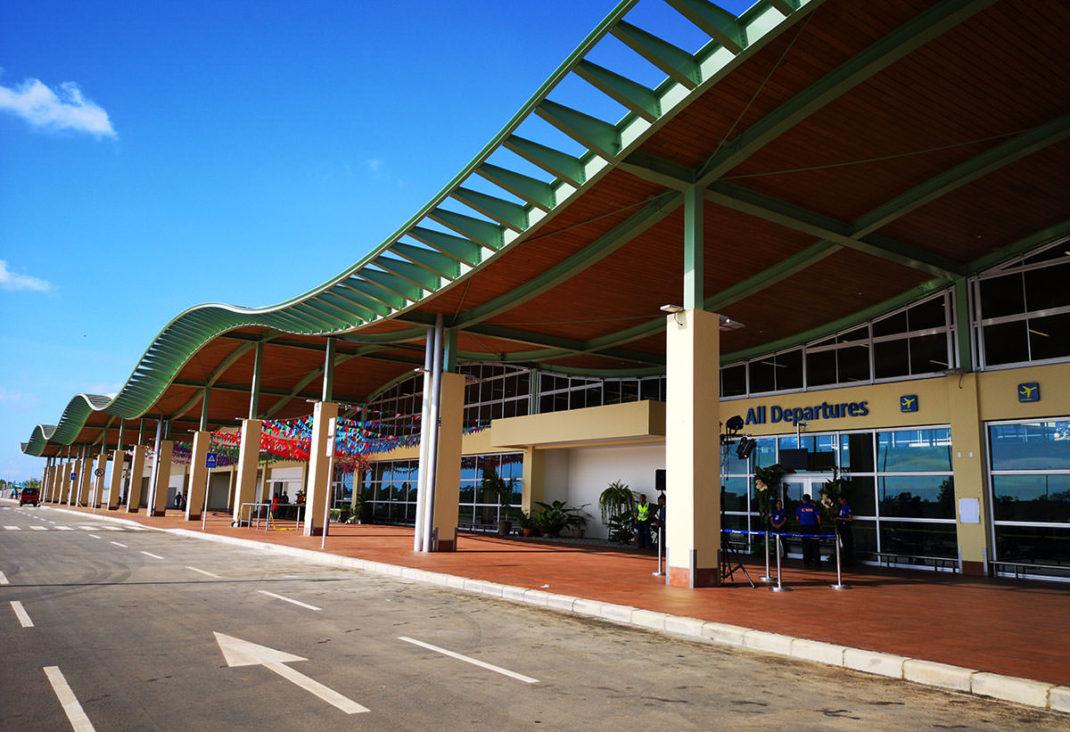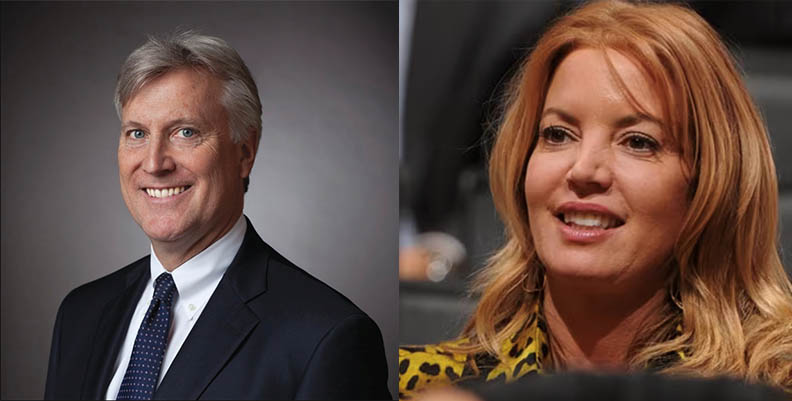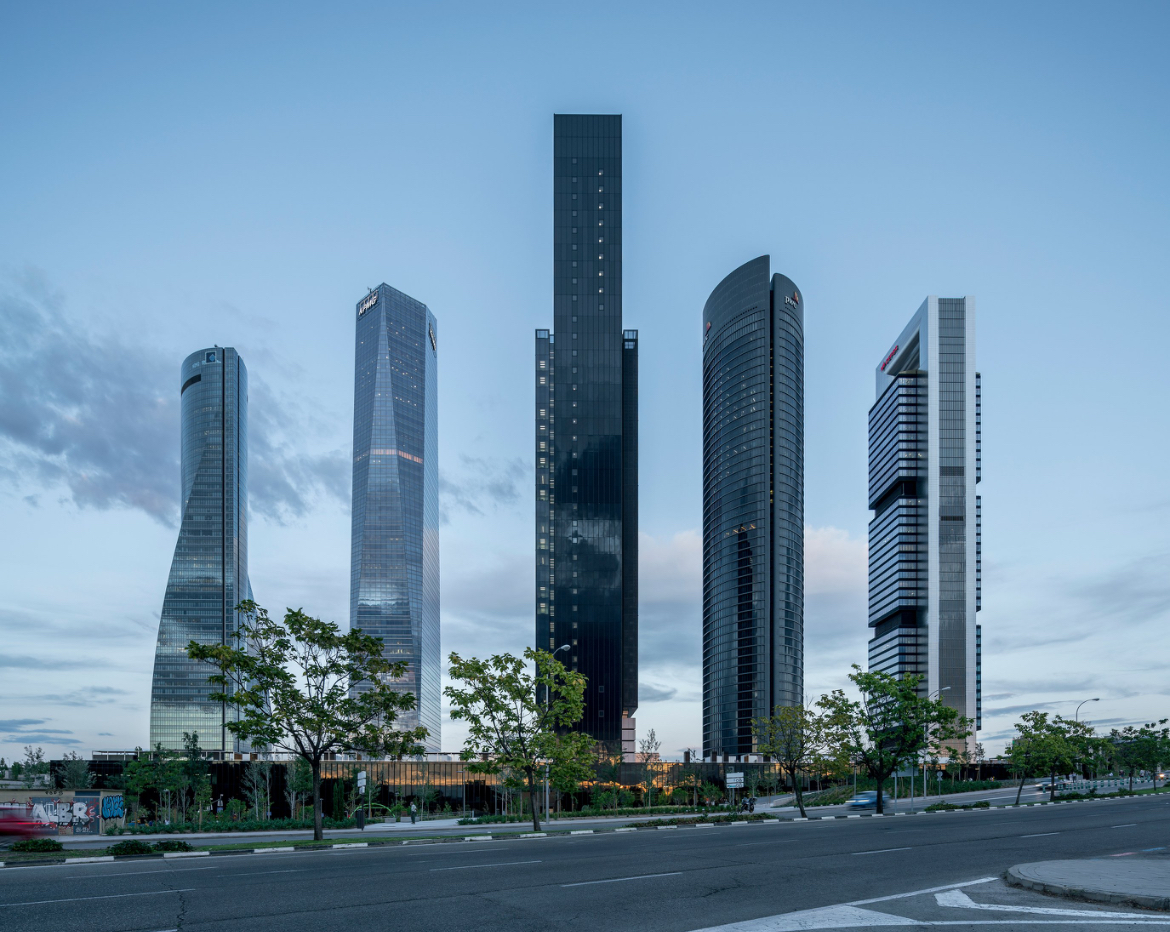President Rodrigo Duterte on Thursday, February 6, asked Manila Water Co. and Maynilad Water Services where the money they allegedly stole from their consumers went, adding that he would entertain talks with them if they return the money.
“So where is the money? Where is the money of the Filipino people? Where is the money of the average Filipino who are poor but who pay (their water bills), who pays his water bill and he has to pay because if it will be cut off, it would give him a lot of headache for the day?” Duterte said during the oath taking of new appointees in Malacañang.
He added, “Give us back the money. Give it back to the people and maybe we can talk about solving your problem. It will not be the problem of this government.”
Previously, Duterte was adamant about not negotiating with water concessionaires, whom he had accused of “milking” Filipinos by the billions, going as far as ordering the Justice Department and the Office of the Solicitor General to draft new water contracts that would be more advantageous to the public.
He also said that he would order the military to take over water distribution if Manila Water and Maynilad refuse to accept the new deals.
“They’re (water firms) trying to reach out for a settlement. Let us see how it develops. Talagang galit ako as in galit (I am really furious),” said Duterte.
“Hindi ako nagyayabang. Hindi ako matapang. Pero ‘pag naasar ako sa’yo, sasampalin kita sa harap ng tao (I do not brag. I am not brave. But if I get angry with you, I will slap you in public),” he added.
According to Duterte, water firms have been collecting money from consumers for years but they have yet to provide potable water.
“It’s in your bill if you care to look at it. And it is there that you guys have been collecting money since (1997) to build a something of — and you have not even come up with a can of clean water or a canal there,” he noted.
In December, Duterte threatened to jail and file economic sabotage cases against Manila Water and Maynilad due to their 1997 contracts with the government, which was described as “the world’s largest water privatization.”
He was informed by the Department of Justice (DOJ) that the government contracts with Manila Water and Maynilad had 12 onerous provisions that were reportedly disadvantageous not only to the government but more so to water consumers.
Among these provisions was the “prohibition against government interference in rate-setting, and the provision on indemnity for possible losses in the event of such government interference,” prompting the Permanent Court of Arbitration in Singapore to order the Philippine government to pay Maynilad about P3.6 billion for losses and damages and recently P7.4 billion to Manila Water.






